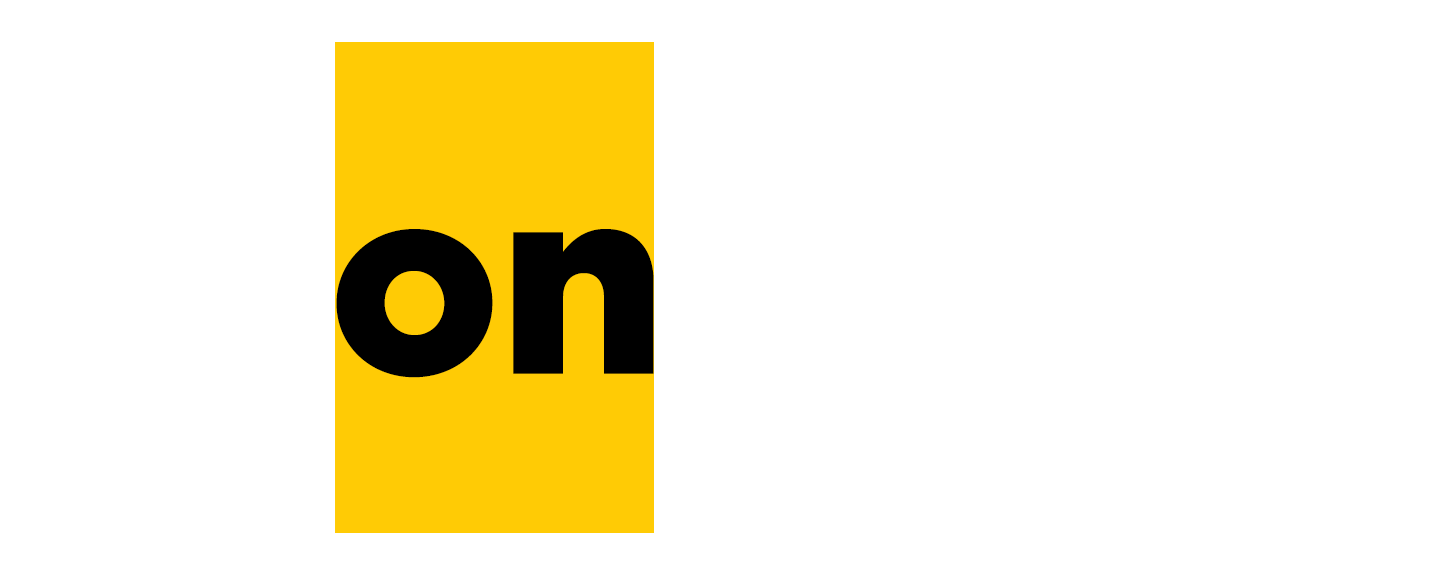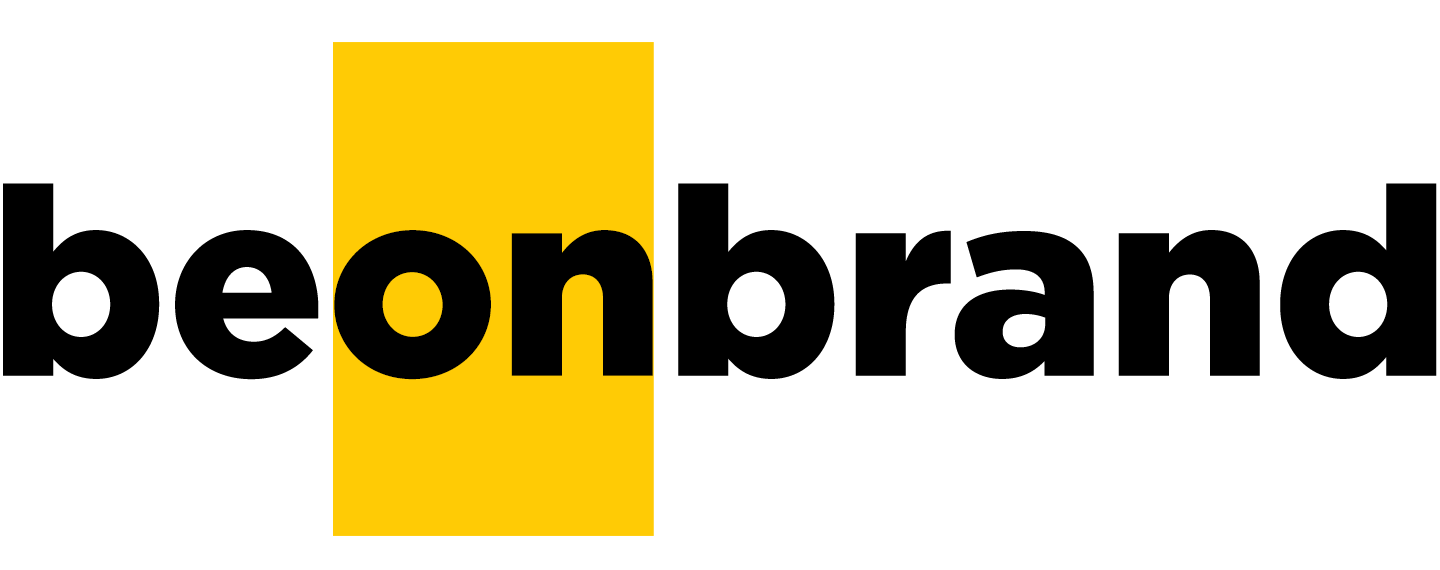
In the competitive world of education, effectively promoting your school is essential to attract new students, engage with the community, and build a strong reputation. This comprehensive guide outlines top strategies to enhance your school's visibility and appeal, ensuring you stand out in a crowded market. Whether you're a marketing professional, a decision-maker in the education sector, or a key stakeholder, these insights will equip you with the tools needed to showcase the unique qualities of your institution.

Understanding Your Unique Selling Proposition (USP)
Before diving into promotion strategies, it's crucial to identify and articulate your school's Unique Selling Proposition (USP). What makes your institution unique? Is it an innovative curriculum, outstanding extracurricular programs, a commitment to inclusivity and diversity, or state-of-the-art facilities? Pinpointing what sets your school apart will guide your marketing efforts and resonate with prospective students and their families.

1. Leveraging Digital Marketing
a. Website Optimization
A user-friendly, visually appealing website acts as your school’s digital front door. Ensure it’s optimized for search engines (SEO) to improve visibility. Incorporate keywords related to education and your specific offerings. Regularly update content with news, events, and achievements to keep visitors engaged and encourage return visits.
b. Social Media Engagement
Social media platforms are invaluable for connecting with your community and beyond. Share success stories, event updates, and engaging content that highlights your school’s culture and achievements. Platforms like Facebook, Instagram, and Twitter are great for storytelling, while LinkedIn can help you connect with professionals and alumni.
c. Content Marketing
Develop a blog or news section on your website to share insights, success stories, and educational trends. This not only boosts your SEO efforts but also establishes your school as a thought leader in the education sector.

2. Community Involvement and Partnerships
a. Host Open Days and Events
Invite the local community to experience your school firsthand through open days, sports events, and cultural festivals. These events provide an excellent opportunity to showcase your facilities, staff, and student talent.
b. Collaborate with Local Businesses and Organizations
Partnerships with local businesses and community organizations can increase your visibility and demonstrate your school’s commitment to community engagement. Consider sponsorships, joint events, or educational programs that benefit both parties.

3. Effective Use of Traditional Marketing
While digital marketing is crucial, traditional methods still have a place in promoting your school. Brochures, flyers, and local newspaper ads can effectively reach certain demographics. Additionally, word-of-mouth remains one of the most powerful marketing tools, so encourage your satisfied students and their families to share their positive experiences.

4. Implement a Referral Program
A referral program can incentivize current students and their families to recommend your school to others. Offer rewards or recognition for successful referrals, leveraging your existing community to attract new members.


5. Harness the Power of Video Marketing
Create engaging video content that tells your school’s story. Videos can range from virtual tours and student testimonials to highlights of special events. Share these videos on your website, social media platforms, and YouTube to reach a wider audience.

6. Focus on Alumni Relations
Alumni can be powerful ambassadors for your school. Engage with them through newsletters, events, and networking opportunities. Their success stories and ongoing involvement can significantly boost your school’s credibility and appeal.

Conclusion
SEO for international schools is an ongoing journey. It requires constant updating, testing, and refinement. By following these best practices, you ensure that your school remains visible and attractive to a global audience, fostering a diverse and dynamic educational environment.
In a world where education knows no borders, let your SEO strategies be the bridge that connects students from around the globe to the unique opportunities your international school offers.
Share this article
Interested in learning more ?


